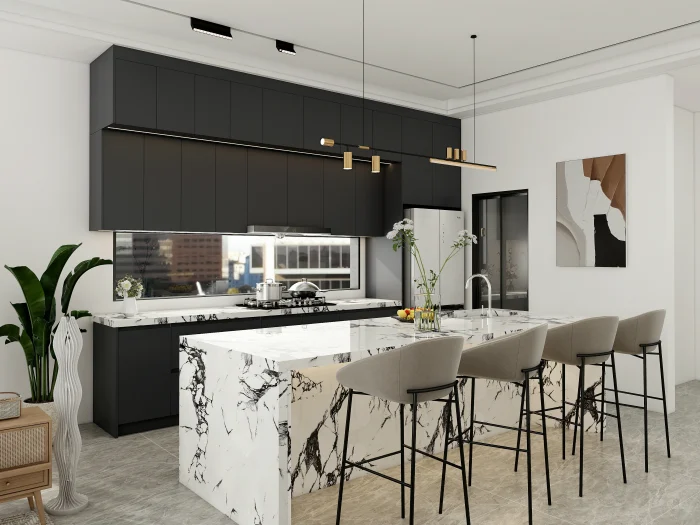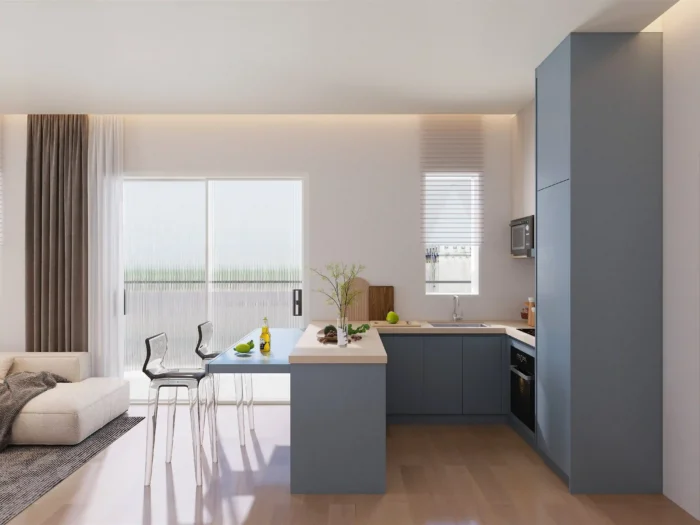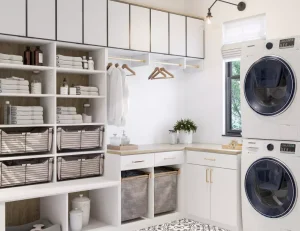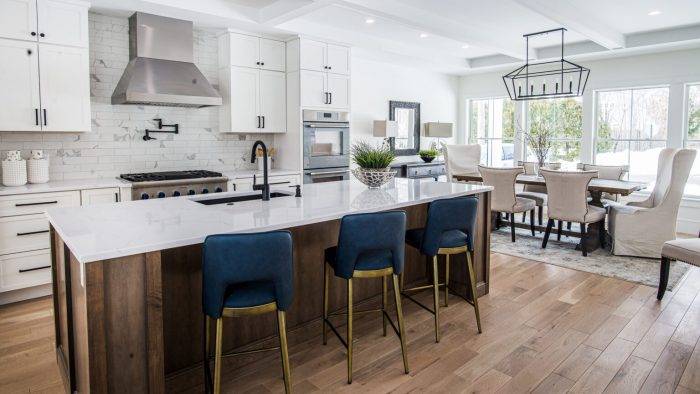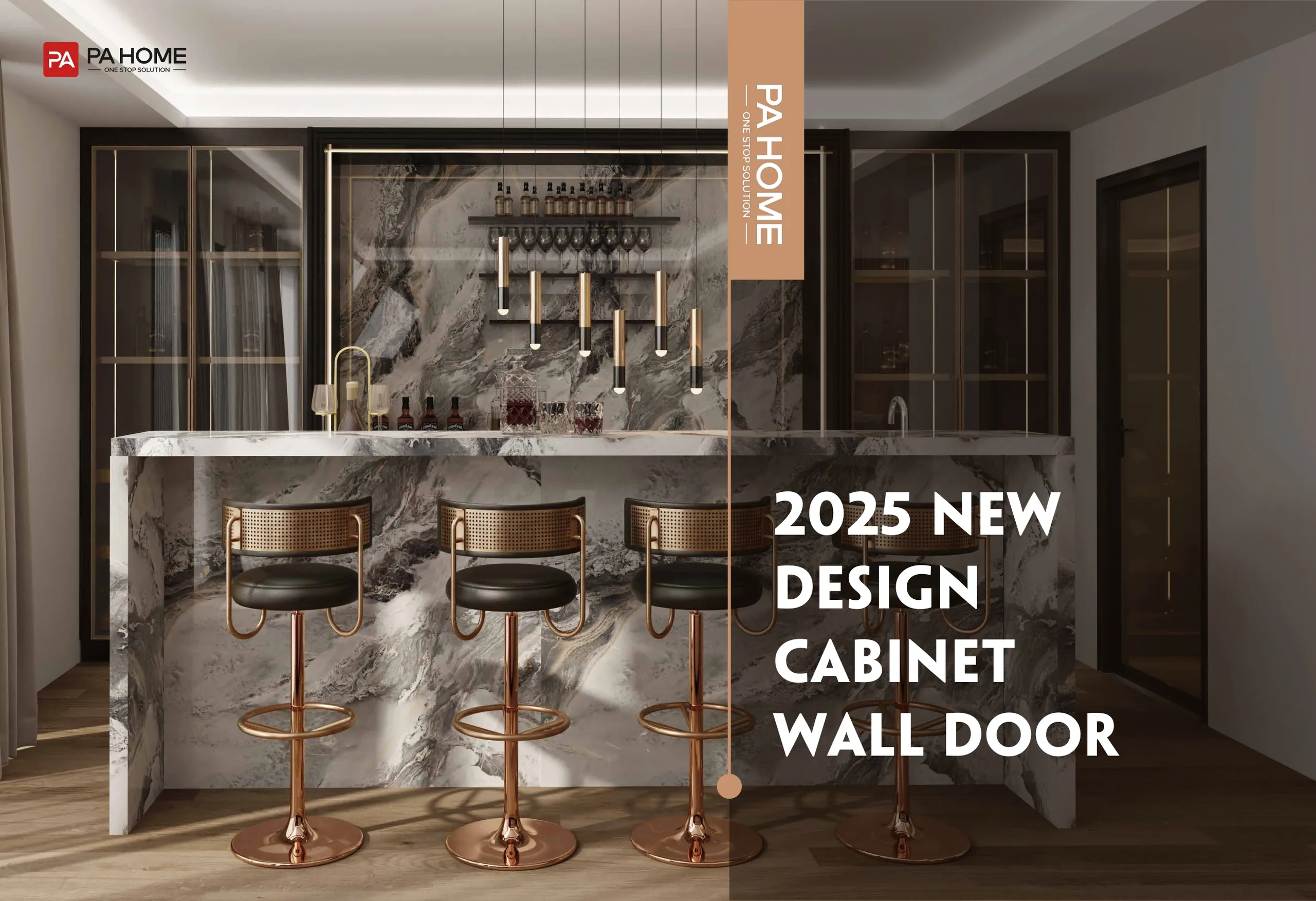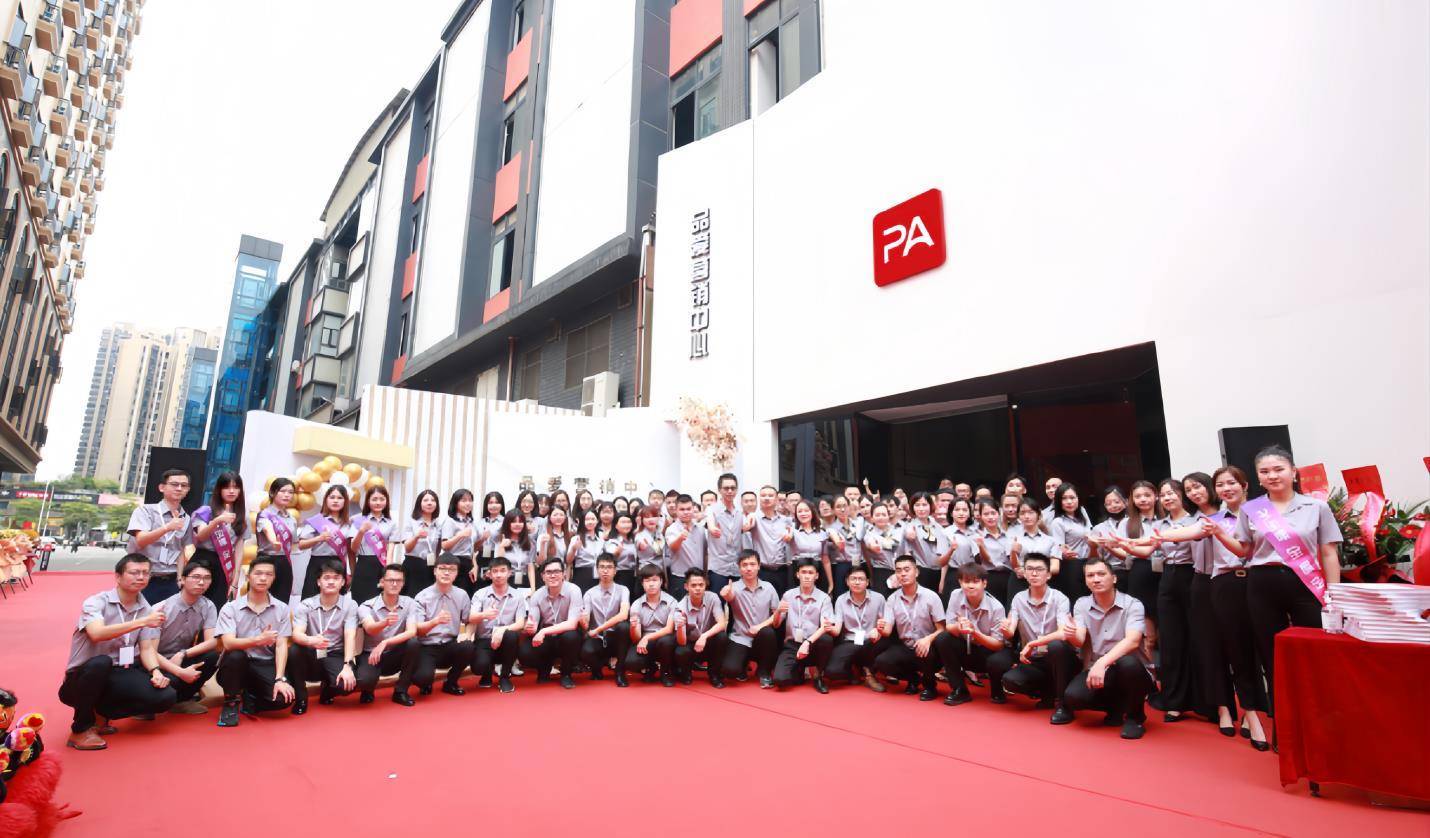When it comes to choosing the right windows for your commercial projects, the decision between vinyl windows vs aluminum windows can feel overwhelming. Both materials offer unique benefits, but understanding where each excels can make all the difference in cost, durability, energy efficiency, and aesthetics. Whether you’re renovating an office building, designing a retail space, or constructing an industrial facility, this guide will help you make an informed decision.
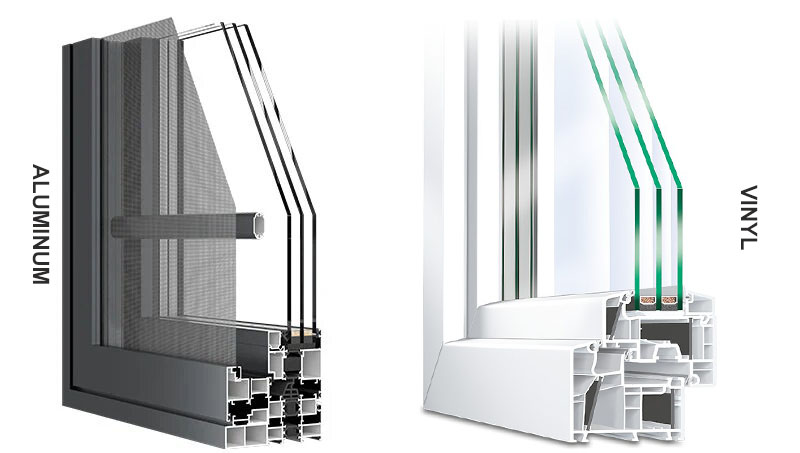
Vinyl Windows: Pros and Cons for Commercial Use
When considering vinyl windows for your commercial space, it’s important to weigh their advantages against potential drawbacks. Known for their affordability and energy efficiency, vinyl windows are a popular choice—but are they the right fit for your project’s specific needs?
Pros:
- Cost-effective: Vinyl windows have a lower initial cost, making them ideal for budget-conscious projects. They are particularly useful for large-scale commercial spaces where cost savings are essential.
- Energy-efficient: These Vinyl windows offer excellent insulation, helping to regulate temperatures within the building and reduce heating and cooling costs. This can be especially beneficial for commercial buildings in climates with extreme temperatures.
- Low maintenance: Vinyl windows are highly resistant to rot, corrosion, and pests, making them ideal for high-traffic areas. Their durability allows them to withstand wear and tear without requiring frequent upkeep, which is crucial for busy commercial properties.
Cons:
- Durability concerns: Vinyl windows can be prone to warping or cracking under extreme weather conditions, particularly in very hot or cold climates. This can limit their suitability for buildings in harsh climates.
- Limited color customization: The colors of vinyl windows are typically baked into the material and cannot be repainted. This makes it difficult to adjust the design to match branding or changing aesthetics over time.
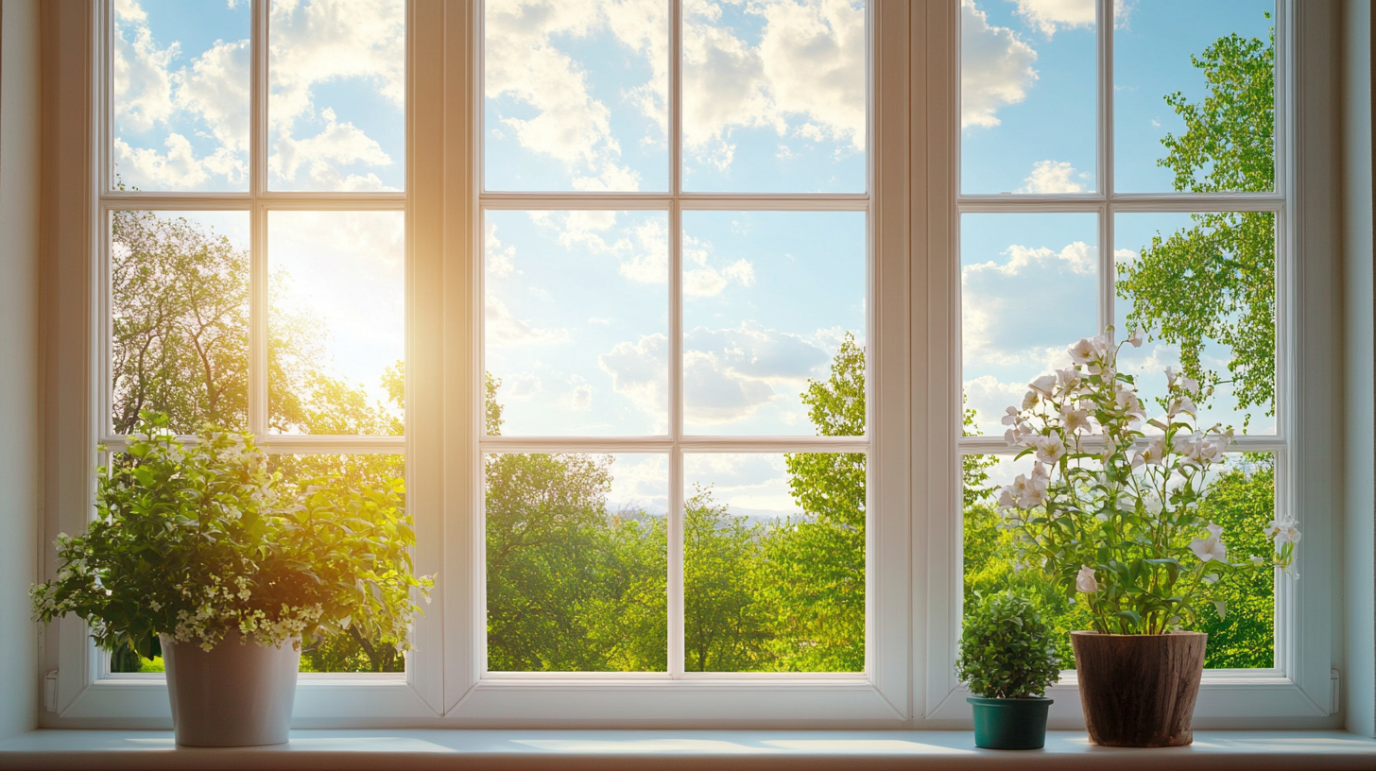
Aluminum Windows: Pros and Cons for Commercial Use
Aluminum windows are renowned for their strength, modern design, and long-lasting performance, especially in commercial spaces where durability is key. While they bring a sleek, contemporary look to a building, it’s essential to weigh their advantages against the potential downsides.
Pros:
- Durability: Aluminum windows are known for their strength and resistance to harsh weather conditions. Their robust frame makes them ideal for high-rise buildings or industrial structures where durability and performance are critical.
- Modern design: Aluminum windows have a sleek, contemporary look that appeals to commercial spaces seeking a modern aesthetic. The thin profiles maximize glass area, allowing more natural light to fill the space, which is particularly beneficial for office buildings and retail environments.
- Customization: One of the standout features of aluminum windows is their ability to be customized. They can be powder-coated in virtually any color to match the branding of your commercial space. This flexibility in design, combined with the ability to repaint as needed, adds long-term value.
- Recyclability: Aluminum windows are fully recyclable, aligning well with green building standards and environmental goals. This makes them a sustainable choice for environmentally conscious projects.
Cons:
- Thermal conductivity: Aluminum windows generally have poorer insulation properties compared to vinyl windows. Without the addition of thermal breaks, they can lead to higher energy costs due to heat transfer.
- Maintenance requirements: Aluminum windows require regular maintenance to prevent oxidation and corrosion, especially in coastal or high-moisture environments. This can add to the long-term maintenance costs.
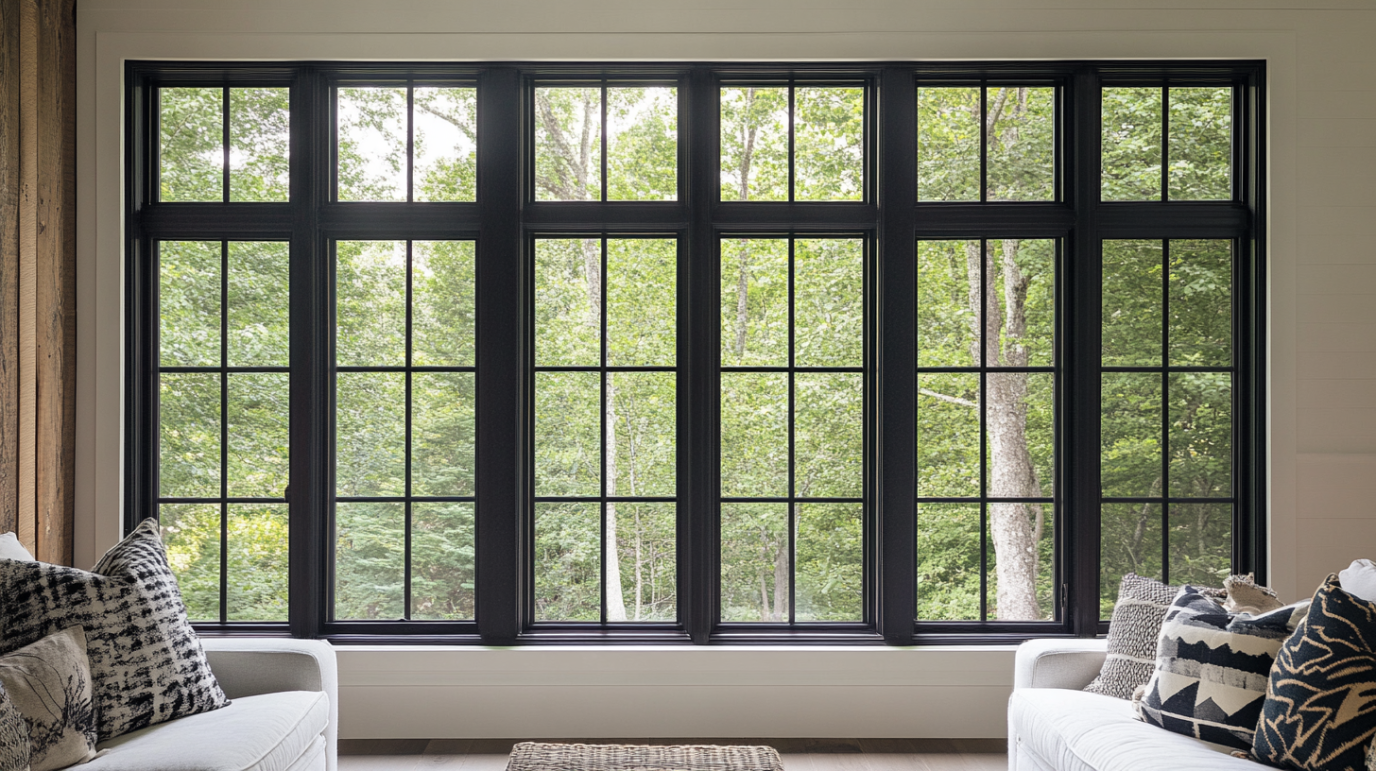
Cost Comparison: Vinyl vs Aluminum Windows for Commercial Projects
When it comes to cost, vinyl windows generally have a lower initial price point compared to aluminum. This makes vinyl a more affordable option for large-scale commercial projects where cost savings are essential. The upfront cost of vinyl windows is typically less than that of aluminum, allowing businesses to allocate their budget toward other important areas.
However, while the initial cost of aluminum windows may be higher, their durability and long-term performance often justify the extra investment. Aluminum windows require less frequent replacement, and their resistance to wear and tear means they are likely to last longer, offering better value in the long run. For large commercial projects, the upfront cost of aluminum windows may be outweighed by their long-term savings in maintenance and energy efficiency.
| Factor | Vinyl Windows | Aluminum Windows |
|---|---|---|
| Upfront Cost | Lower | Higher |
| Installation Cost | Lower | Higher |
| Maintenance Cost | Low | Moderate |
| Longevity | 20-30 years | 30-50 years |
| Energy Efficiency | High | Moderate |
Energy Efficiency: Vinyl vs Aluminum Windows
Energy efficiency is one of the most important factors when choosing windows for any commercial building. Vinyl windows have the edge here, primarily due to their excellent insulating properties. Vinyl frames naturally resist heat transfer, helping to maintain a stable indoor temperature and reduce the need for heating or cooling. This energy-efficient performance is especially beneficial in regions with extreme weather conditions, where heating and cooling systems can significantly impact operating costs.
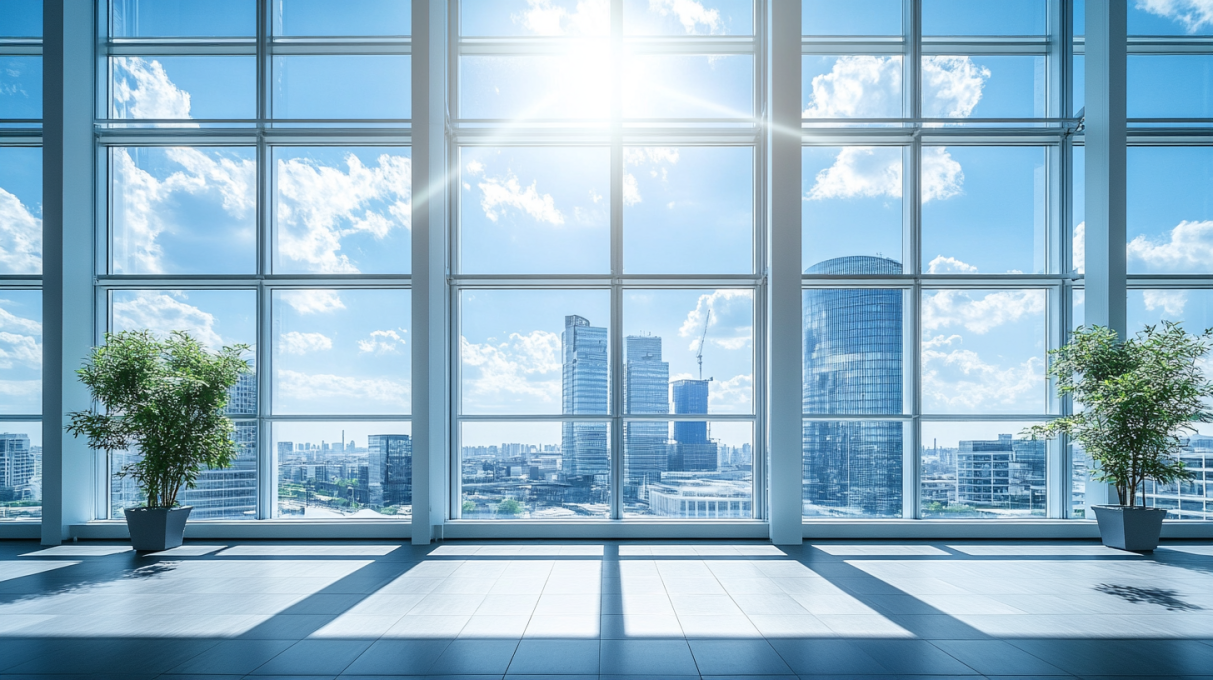
Aluminum windows, on the other hand, are known for their thermal conductivity, meaning they can transfer heat more easily than vinyl. However, newer aluminum windows often come with thermal breaks, which are insulating barriers designed to reduce heat flow and improve energy efficiency. While thermal breaks do improve aluminum’s insulation, vinyl windows still outperform aluminum in this area, particularly in colder climates where insulation is most critical.
Durability and Maintenance: Which is More Suited for High-Traffic Areas?
Durability and low maintenance are crucial for commercial buildings, especially those in high-traffic areas. Vinyl windows resist rot, corrosion, and pests, making them ideal for busy spaces. They require minimal maintenance, as they don’t need repainting or refinishing. However, vinyl windows may warp or crack in regions with extreme temperature fluctuations.
Aluminum windows, while requiring more regular maintenance to prevent oxidation, offer superior durability and strength. Their robust frame is well-suited for buildings in areas with harsh weather conditions. Aluminum windows are less likely to warp or suffer from physical damage, making them a better option for buildings that need to withstand heavy winds or extreme environmental stress. However, the increased maintenance needs and higher upfront cost should be considered when deciding if aluminum is the right choice for your building.
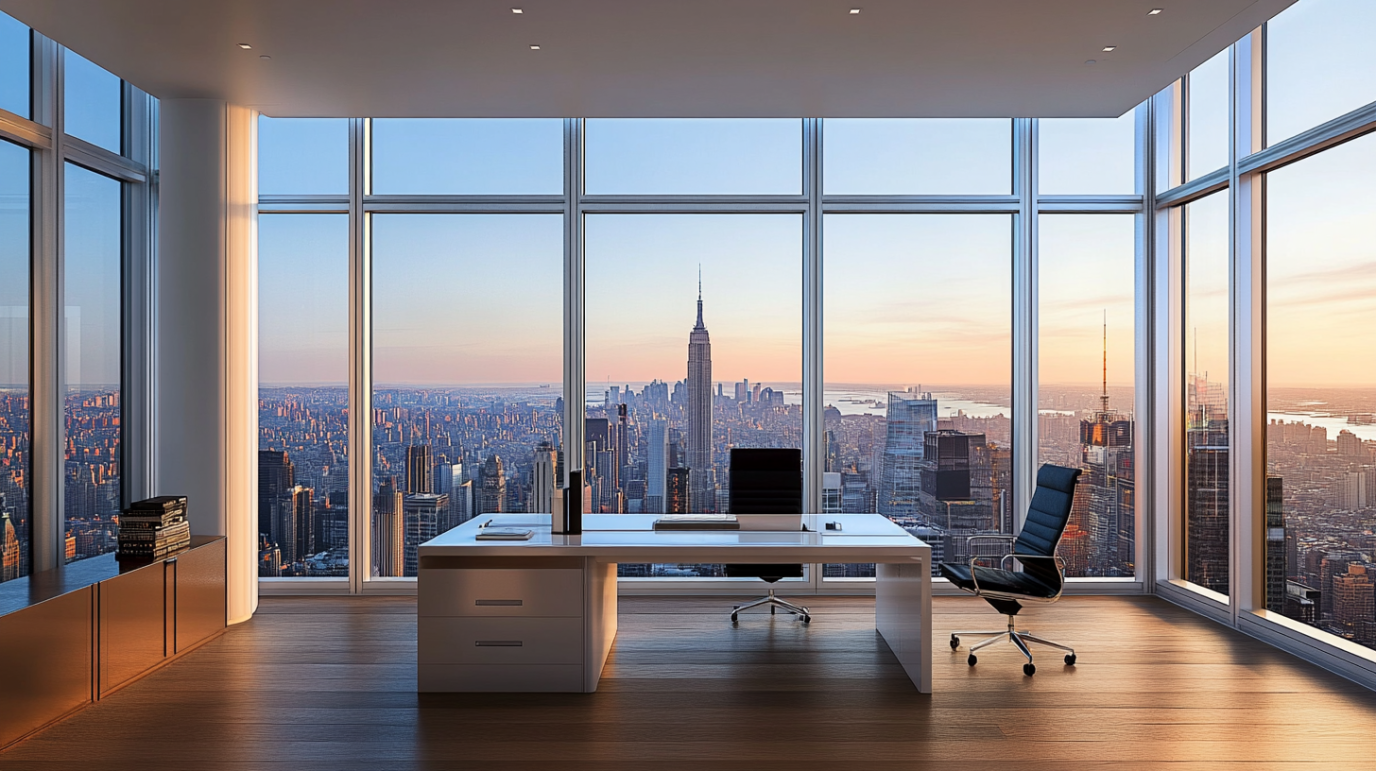
Aesthetics and Design: Enhancing Commercial Spaces
The appearance of your commercial windows plays an important role in the overall design of your building. Vinyl windows offer versatility in design and can be customized to suit a variety of architectural styles. However, their color options are somewhat limited, as they cannot be easily repainted or adjusted. While they are available in multiple finishes, vinyl windows are generally better suited for more traditional or classic styles.
Aluminum windows require regular maintenance to prevent oxidation but offer superior durability and strength. Their robust frame suits buildings in harsh climates. Aluminum windows are less likely to warp or suffer physical damage, making them ideal for extreme conditions. However, consider the higher maintenance needs and upfront cost when deciding if aluminum is right for your building.
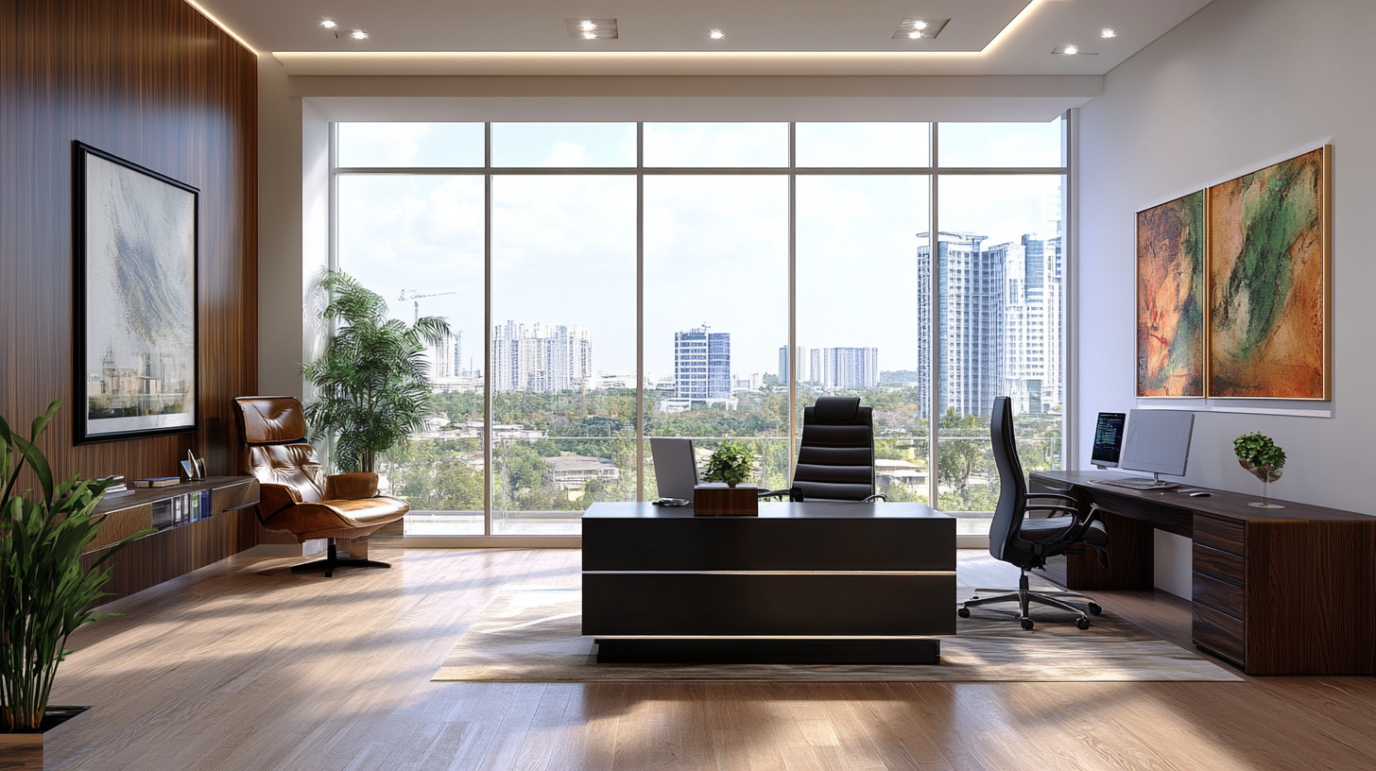
Environmental Impact: Which Aligns with Green Building Standards?
When considering sustainability, aluminum windows have a clear advantage. Aluminum is a highly recyclable material, and many commercial buildings today are designed to meet green building standards such as LEED (Leadership in Energy and Environmental Design). Choosing aluminum windows can help contribute to these standards, as they support recycling initiatives and reduce waste.
Vinyl windows are durable and energy-efficient, but recycling them presents challenges. The production of PVC involves less eco-friendly chemicals. Recycling vinyl windows is more difficult than recycling aluminum. However, advancements in recycling technology have made vinyl windows more sustainable. They still provide significant energy savings, which help offset their environmental impact.
Real-Life Scenarios: Vinyl vs Aluminum Windows
The right choice between vinyl and aluminum windows depends largely on the specific needs of your commercial project. For office buildings, vinyl windows provide excellent energy efficiency and cost savings, while aluminum windows offer a more modern and sleek aesthetic. In retail spaces, aluminum windows are ideal for high-traffic areas due to their durability and customization options. For industrial or high-rise buildings, aluminum windows’ superior strength and performance make them the ideal choice.
-
💡
Tip:Making the Best Choice for Commercial Projects Choosing the right windows for your commercial building involves evaluating budget, climate, design, and long-term performance. Consult professionals like architects, contractors, and window suppliers for valuable insights. Don't forget to consider the long-term investment and environmental impact of your choice.
Conclusion: Vinyl or Aluminum Windows for Your Commercial Project?
In conclusion, both aluminum and vinyl windows have their advantages and are suited to different types of commercial projects. Vinyl windows are cost-effective, energy-efficient, and low maintenance, making them ideal for projects with budget constraints. Aluminum windows, on the other hand, offer greater durability, a modern design, and long-term value, making them suitable for buildings that require strength and aesthetic flexibility.
If you’re leaning towards aluminum windows for your project, it’s important to work with a trusted manufacturer. PA Window, one of China’s top 10 aluminum window manufacturers. PA offers a range of customizable and high-performance aluminum windows designed for commercial spaces. Whether you’re designing a high-rise building, office complex, or retail establishment, PA Window can provide the perfect aluminum window solutions that meet your specific needs and exceed expectations.
For more information or to find the ideal window solutions for your commercial project, feel free to reach out to PA and discover how their products can contribute to the success of your project.
FAQs about Aluminum and Vinyl Windows
Yes, Aluminum windows generally have a higher initial cost compared to vinyl windows. However, due to their longer lifespan and higher durability, aluminum windows can offer better long-term value, especially in large commercial projects that require resilience and performance over time.
Vinyl windows can be prone to warping or cracking in extreme heat or cold, especially in areas with drastic temperature changes. Aluminum windows are more resistant to such damage, though they can still be affected by thermal expansion or contraction. For climates with severe weather, aluminum windows might be a more reliable choice.
The main difference is material composition. Vinyl windows offer better insulation and energy efficiency, while aluminum windows are stronger and more durable but less energy-efficient. Aluminum is ideal for extreme weather, while vinyl is better for energy savings.
Several reputable manufacturers specialize in uPVC doors and windows. Notable ones include:Andersen,Marvin and Pella.
Oknoplast: A Polish company recognized for its high-quality uPVC windows and doors.
Internorm: An Austrian brand specializing in uPVC and timber/aluminium windows and doors.
Eko-Okna: Europe’s largest producer of aluminum and uPVC windows, doors, and shutters, based in Poland.


